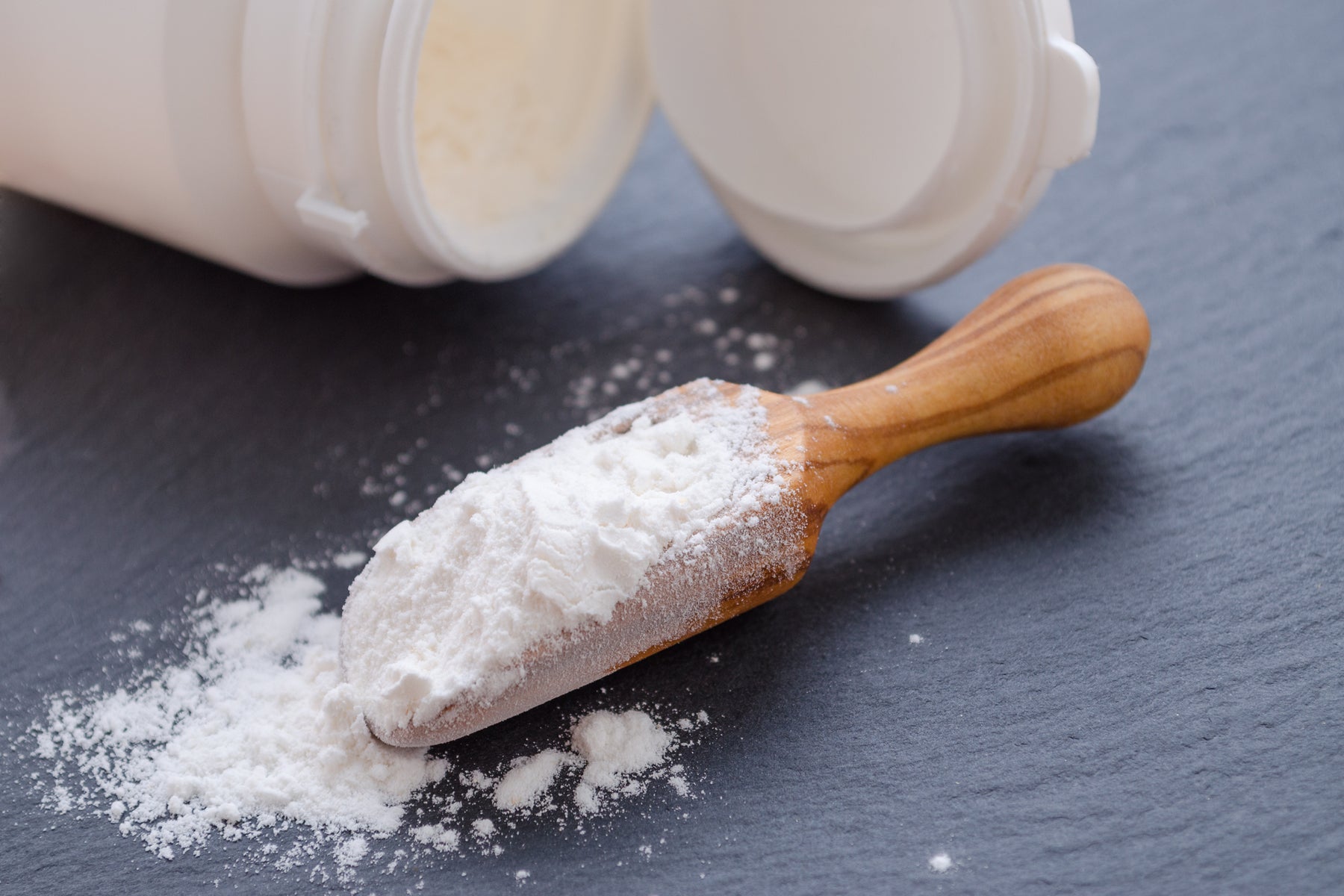On orders over $30!

Benefits of Probiotics
WHAT ARE PROBIOTICS?
Probiotics are live microorganisms designed to help in providing beneficial digestive properties in individuals who may suffer from a compromised gut. The most common types of microbes that are associated with probiotics are bifidobacteria and lactobacillus acidophilus bacteria, although there are certain types of yeasts and bacilli that are also used. Commonly consumed within fermented foods with added active live cultures, probiotics can sometimes be found in soy yogurt, yogurt, or in the form of a dietary supplement. Probiotic dietary supplements are usually a good source of live organisms and are a more convenient source than eating certain types of food.
Probiotics are said to help in promoting a number of different health benefits which can include relieving vaginal bacterial infections, reducing the buildup of Candida, promoting better digestion, reducing reoccurring yeast infections, reducing the symptoms of IBS or Irritable Bowel Syndrome, and promote a decrease in frequent urinary tract infections. It is also said that probiotics are also used in helping to increase good gastrointestinal bacteria after the use of a long course of antibiotics which may deplete or destroy the good bacteria and stop it from growing.
Increased health in the immune system can also be found when taking a probiotic supplement or food source. Because of the introduction of healthy live microorganisms, the whole immune system and body increases in health and will be able to absorb nutrients in a more productive way.
HOW DO PROBIOTICS WORK?
Probiotics work by helping to promote the increase of friendly bacteria within the gastrointestinal tract to create a barrier which can help to reduce the risk of bad bacteria and viruses from damaging the intestines and colon, and also from multiplying into greater amounts. These friendly bacteria work like soldiers in a war, they attack the bad bacteria and reduce different symptoms including chronic constipation, allergic reactions, inflammation, infections, diarrhea, and in some cases help with alleviating lactose intolerance in sensitive stomach individuals including people who may have Celiac Disease.
These live organisms also have other working properties which have said to help in promoting easy breakdown of food for proper digestion. These include the production of the Vitamin K, natural antibiotics, lactase enzyme for better milk digestion, increased absorption of vitamins and mineral within the intestine, and changes with the acidic environment within the gastrointestinal tract to create a less desirable condition to reduce harmful organisms from entering.
Although probiotics are beneficial in many ways, it is important when taking a supplement form to never use more than the recommended intake. An introduction of too many live organisms may have the reverse effect and can cause a comprised intestinal tract that may allow for an overgrowth of bad bacteria. When this occurs a person may suffer from diarrhea, compromised gut functions, cramping and stomach aches, nausea, and an increase of Candida and yeast infections. Once a healthy level of microorganisms is regained and maintained these symptoms should subside and a health body, immune system, and bowel movement will return.

Leave a comment